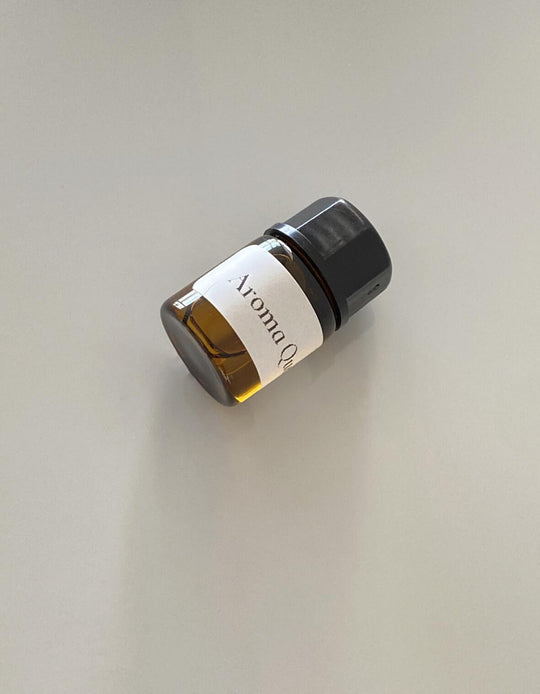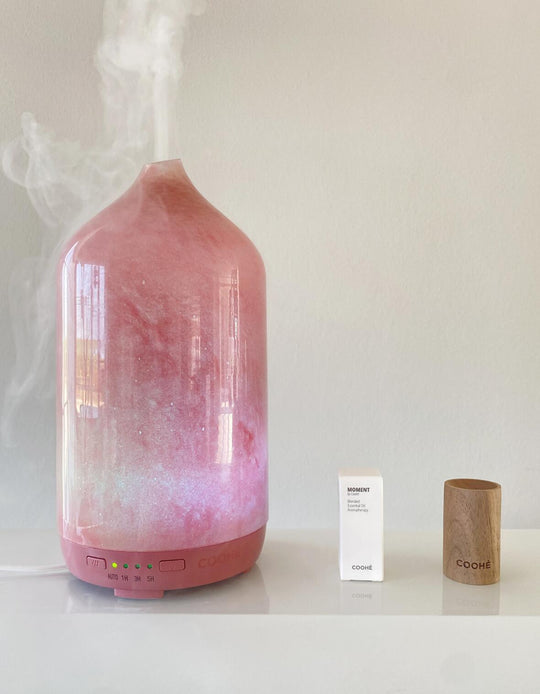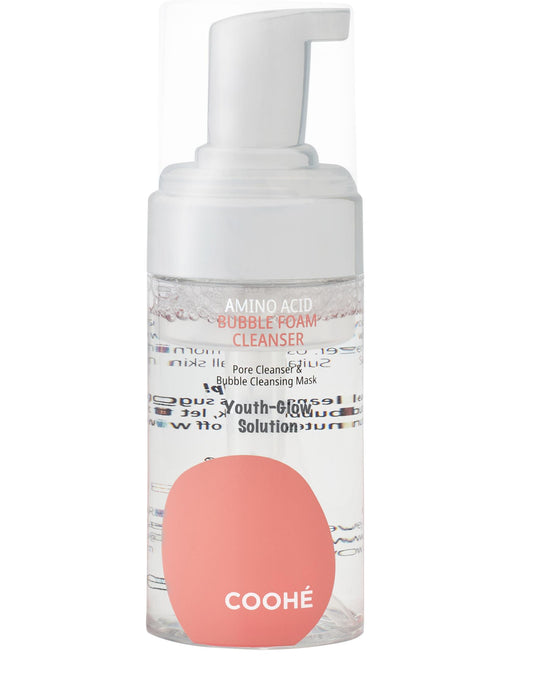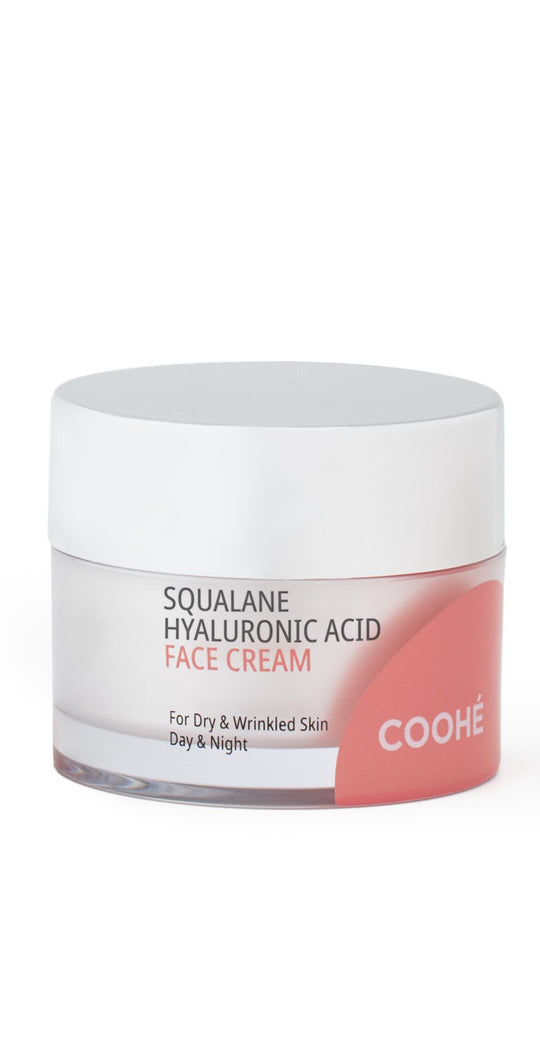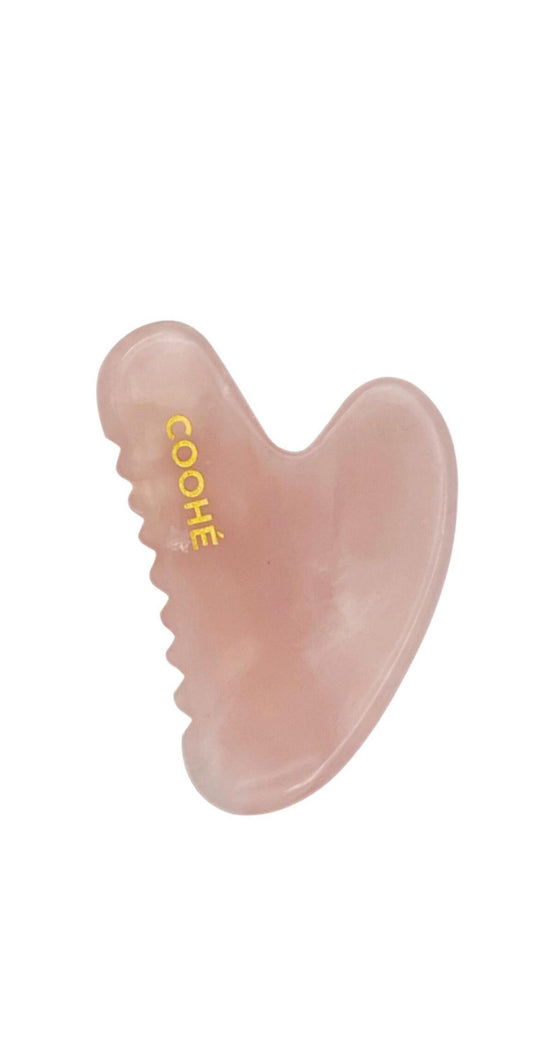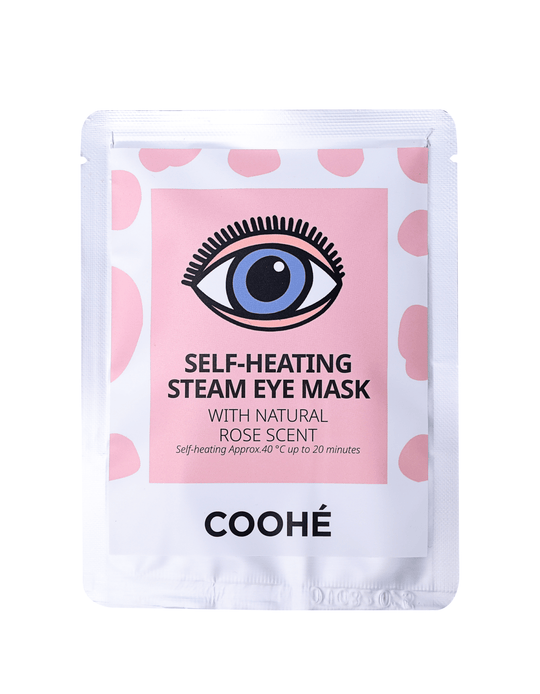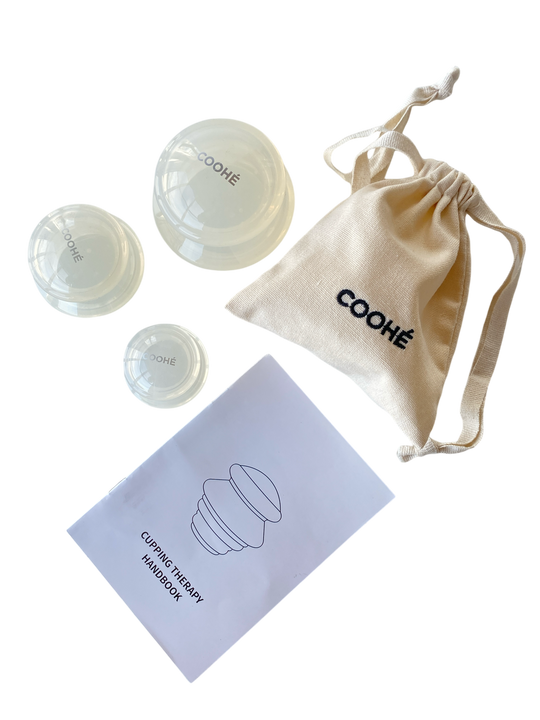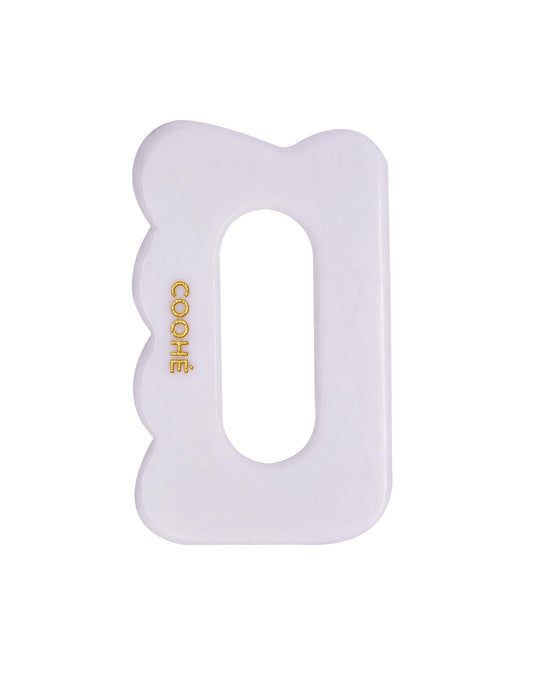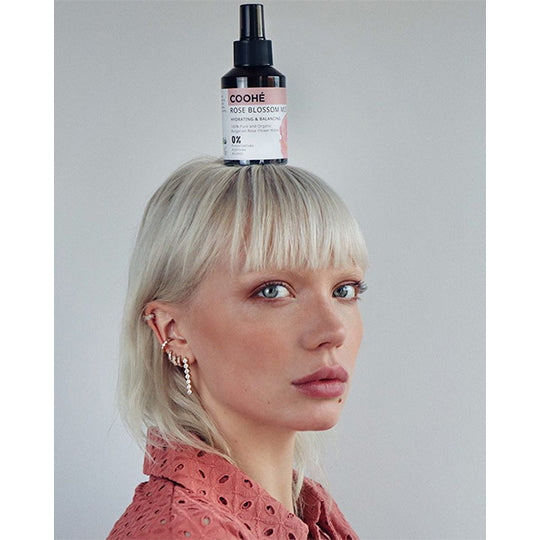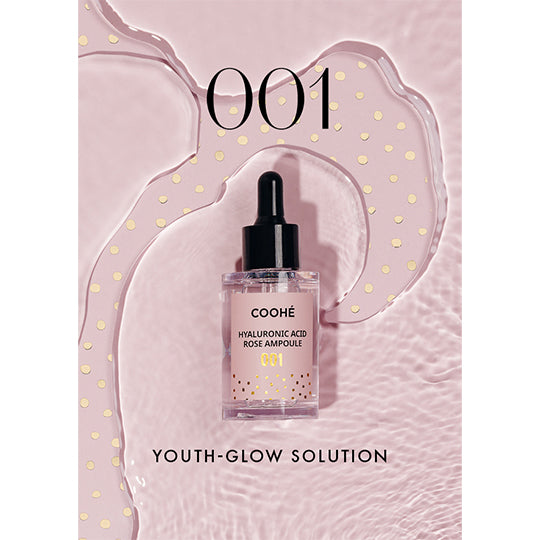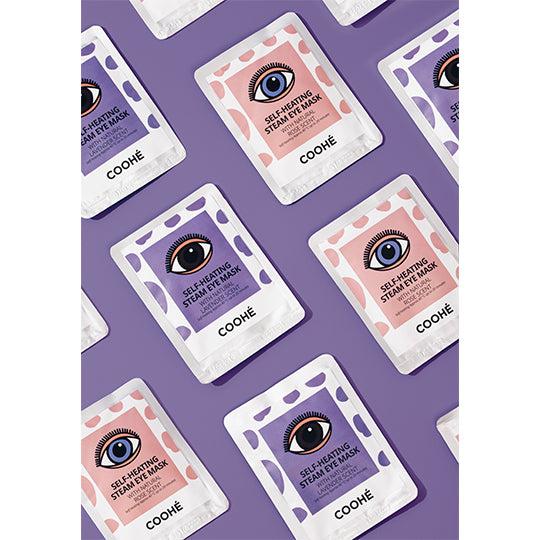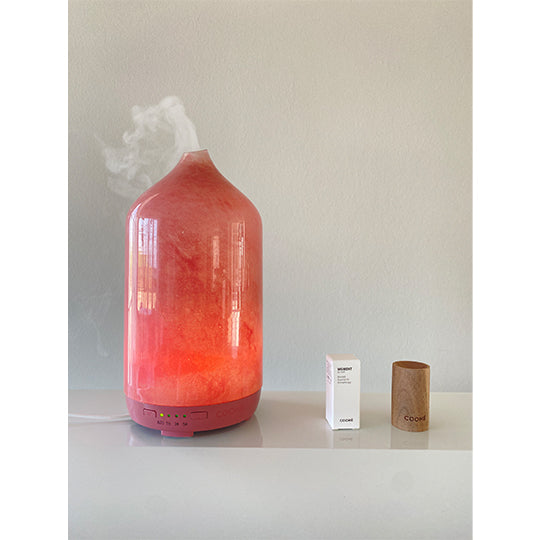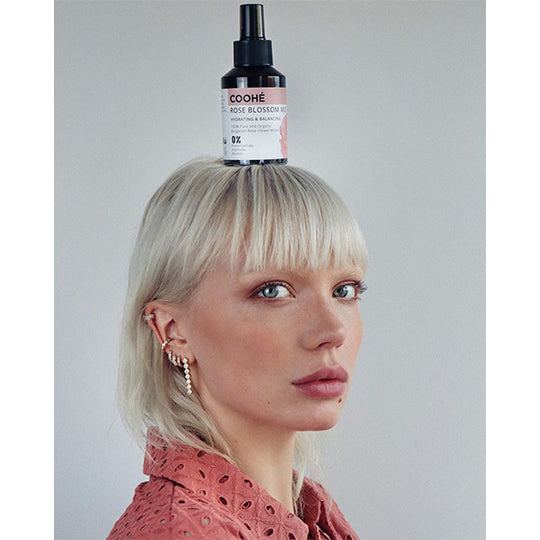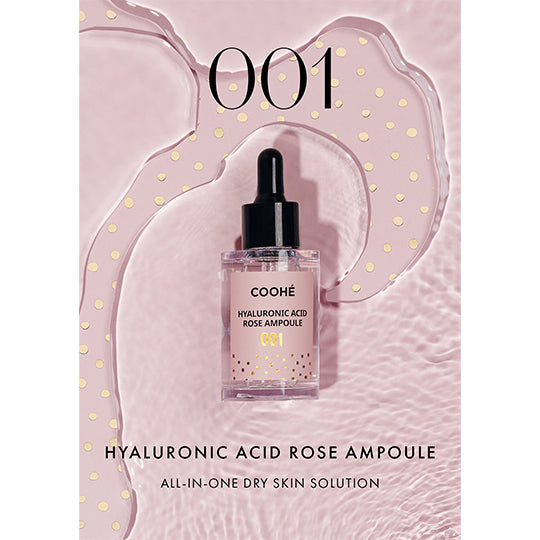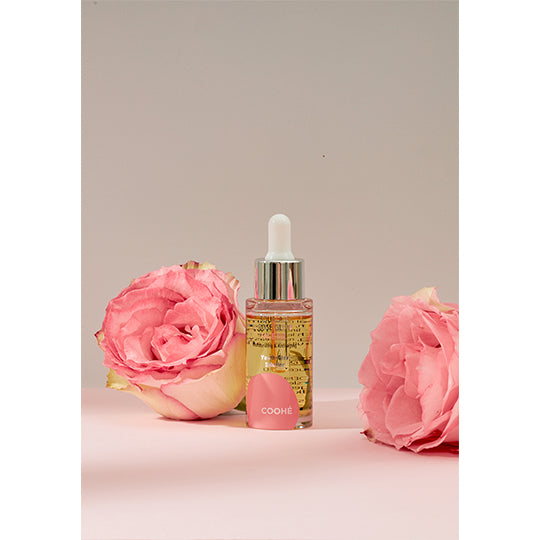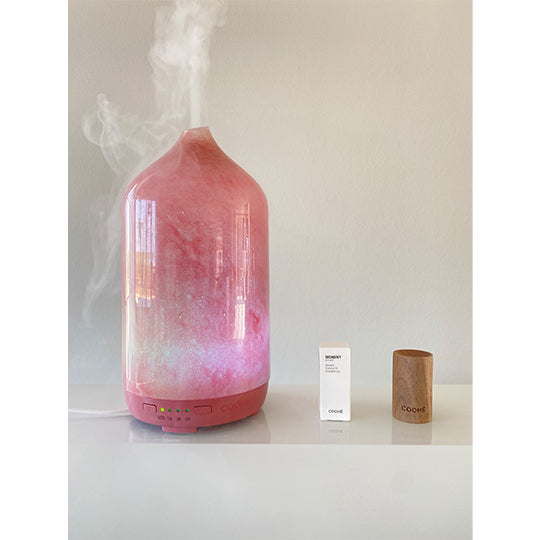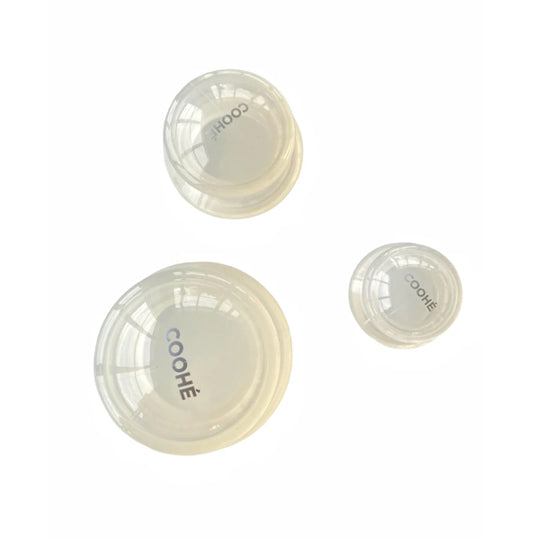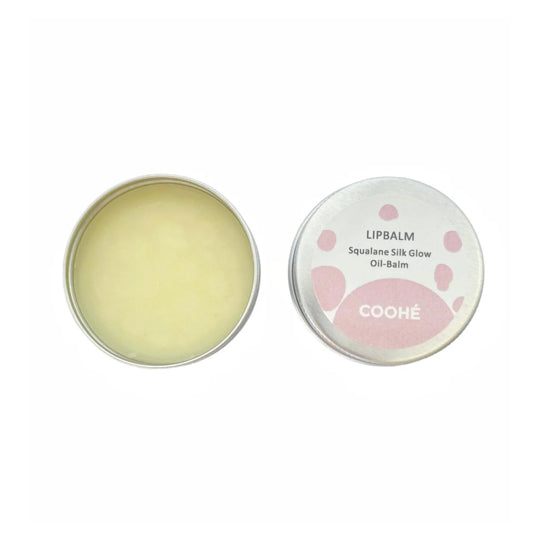Importance Of Skin Barrier & How To Protect It

Importance Of Skin Barrier & How To Protect It – Your skin is more than just a protective covering for your body; it’s a sophisticated, living organ that plays a critical role in your overall health. One of its most crucial functions is its role as a barrier. The skin barrier is essential for maintaining your body’s equilibrium and protecting you from various external aggressors.
In this blog, we will explore why the skin barrier is so important and provide practical tips on how to protect and maintain it. We will also answer some queries to help you understand this vital aspect of skin health.
What is the Skin Barrier?
The skin barrier, also known as the stratum corneum, is the outermost layer of your skin; it’s a complex structure made up of dead skin cells (corneocytes) and lipids (fats), which work together to form a protective layer. This barrier serves several key functions:

- Protection: It acts as a shield against environmental aggressors such as pollution, bacteria, and harmful UV rays.
- Hydration: It helps prevent water loss by retaining moisture, keeping your skin hydrated and plump.
- Regulation: It plays a role in regulating body temperature and maintaining overall skin heath.
When your skin barrier is intact and functioning properly, it maintains a healthy balance, allowing your skin to stay resilient and hydrated. However, when the barrier is compromised, it can lead to a range of skin issues.
Why is the Skin Barrier Important?
- Prevents Water Loss: One of the most vital functions of the skin barrier is to prevent transepidermal water loss (TEWL). Without a well-functioning barrier, your skin can become dry, flaky, and irritated. Proper hydration is crucial for maintaining skin elasticity and preventing premature aging.
- Protects Against Harmful Agents: The skin barrier serves as a frontline defence against harmful environmental factors, including pollutants, chemicals, and pathogens. A compromised barrier can lead to increased sensitivity, allergic reactions, and infections.
- Maintains Skin pH: The skin barrier helps maintain the skin’s natural pH balance, which is slightly acidic. This acidic environment is essential for the skin’s microbiome and for preventing the overgrowth of harmful bacteria.
- Supports Healing: A healthy skin barrier aids in the repair and regeneration of skin cells. When the barrier is damaged, healing processes can be slowed, leading to prolonged skin issues and increased susceptibility to infections.
Signs of a Compromised Skin Barrier
A compromised skin barrier can manifest in various ways, including:
- Dryness and Flakiness: Skin may feel rough, tight, or flaky.
- Redness and Irritation: Increased sensitivity and redness can occur.
- Increased Sensitivity: The skin may react more intensely to products or environmental factors.
- Breakouts: An impaired barrier can lead to clogged pores and acne.
- Itching: Persistent itching or discomfort is common.
How to Protect and Maintain Your Skin Barrier
- Use Gentle Cleansers: Choose a mild, non-stripping cleanser that respects the skin’s natural oils. Avoid harsh soaps or cleansers with high pH levels, as they can disrupt the skin barrier.
- Avoid Over-Exfoliation: While exfoliation can help remove dead skin cells, overdoing it can damage the skin barrier. Opt for gentle exfoliants and limit their use to once or twice a week.
- Moisturize Regularly: Moisturizers help to replenish the skin’s lipid barrier and prevent water loss. Look for products with ceramides, hyaluronic acid, and glycerin, which help to strengthen and hydrate the skin barrier.
- Protect Against UV Damage: Use sunscreen with broad-spectrum protection to shield your skin from harmful UV rays. Sun exposure can weaken the skin barrier and contribute to premature aging.
- Stay Hydrated: Drinking plenty of water helps maintain skin hydration from within. Adequate hydration supports overall skin health and barrier function.
- Choose Skin-Friendly Ingredients: Opt for products with ingredients that support barrier repair, such as niacinamide, ceramides, and fatty acids. Avoid harsh chemicals and allergens that can irritate the skin.
- Avoid Hot Water: Hot water can strip the skin of its natural oils. Use lukewarm water when washing your face and showering to prevent disrupting the skin barrier.
- Manage Stress: High levels of stress can impact your skin health, including its barrier function. Practice stress-reducing techniques like meditation, exercise, and adequate sleep.
- Be Mindful of Skin Products: Introduce new products slowly and patch test them to ensure they do not cause irritation or sensitivity. Avoid using too many products at once, as this can overwhelm the skin.
Conclusion
Understanding and protecting your skin barrier is essential for maintaining healthy, resilient skin. By following a few simple yet effective practices, you can support your skin’s natural defenses and promote overall skin health. Remember, consistency is key, and taking proactive steps to care for your skin barrier will pay off in the long run.
Whether you’re dealing with dryness, irritation, or just want to keep your skin in top shape, keeping your skin barrier intact is crucial for achieving and maintaining glowing, healthy skin.
FAQs on the Importance of Skin Barrier & How to Protect It
Q: How often should I use a moisturizer to keep my skin barrier healthy?
A: It’s generally recommended to apply a moisturizer at least twice a day—once in the morning and once before bed. If your skin feels dry or tight, you may need to apply it more frequently.
Q: Can a compromised skin barrier cause acne?
A: Yes, a damaged skin barrier can lead to clogged pores and inflammation, which may contribute to acne breakouts. Proper barrier repair and a consistent skincare routine can help manage acne.
Q: Are there any foods that help support the skin barrier?
A: Yes, a balanced diet rich in omega-3 fatty acids (found in fish, flaxseeds, and walnuts), antioxidants (found in fruits and vegetables), and vitamins (such as vitamin C and E) can support skin health and barrier function.
Q: How can I tell if my skincare products are damaging my skin barrier?
A: Signs of product-related damage may include increased redness, irritation, dryness, or a feeling of tightness. If you suspect a product is causing issues, discontinue use and consult with a dermatologist.
Q: Can environmental factors impact my skin barrier?
A: Absolutely. Factors such as pollution, extreme weather conditions, and UV exposure can all contribute to skin barrier damage. Using protective skincare products and maintaining a healthy lifestyle can help mitigate these effects.
Q: Is it necessary to use specialized products to repair a damaged skin barrier?
A: While specialized products containing ingredients like ceramides, niacinamide, and fatty acids can aid in repairing the skin barrier, a basic skincare routine with gentle cleansing and moisturizing can also be effective. If you have significant barrier damage, consulting a dermatologist for personalized recommendations may be beneficial.

